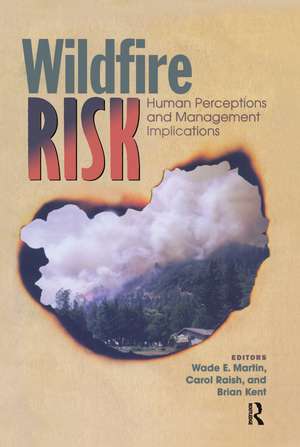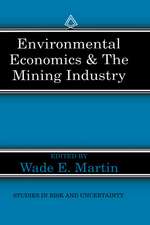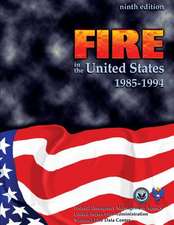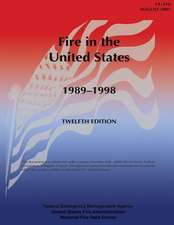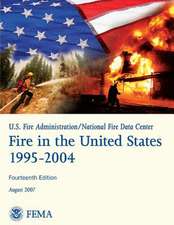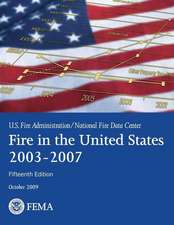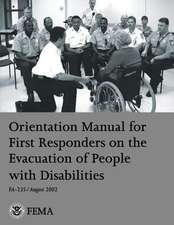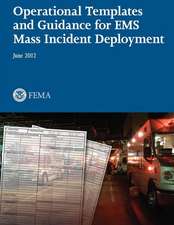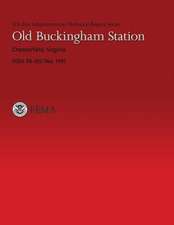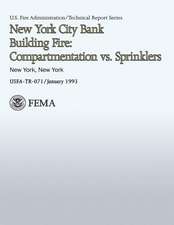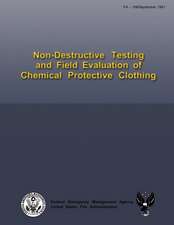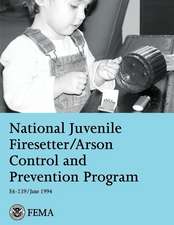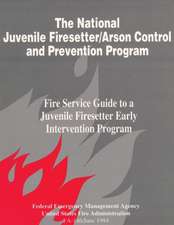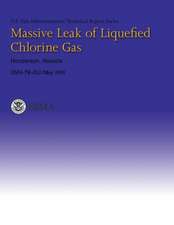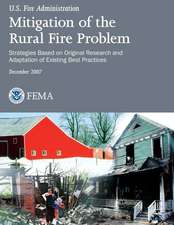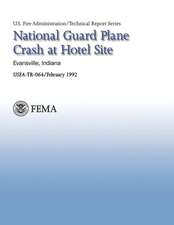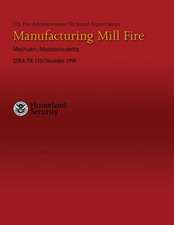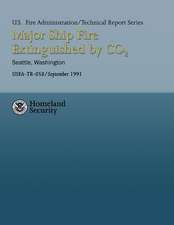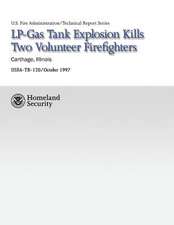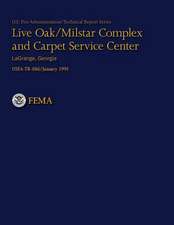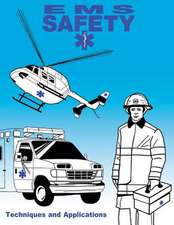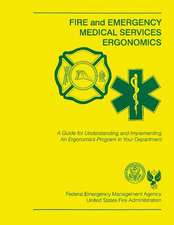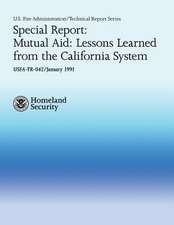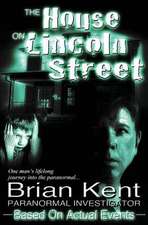Wildfire Risk: Human Perceptions and Management Implications
Editat de Wade E. Martin, Carol Raish, Brian Kenten Limba Engleză Hardback – 11 dec 2007
Preț: 825.43 lei
Preț vechi: 1106.00 lei
-25% Nou
Puncte Express: 1238
Preț estimativ în valută:
157.97€ • 163.67$ • 131.83£
157.97€ • 163.67$ • 131.83£
Carte tipărită la comandă
Livrare economică 21 martie-04 aprilie
Preluare comenzi: 021 569.72.76
Specificații
ISBN-13: 9781933115511
ISBN-10: 1933115513
Pagini: 324
Ilustrații: 15 figures, 8 tables
Dimensiuni: 156 x 234 x 20 mm
Greutate: 0.76 kg
Ediția:1
Editura: Taylor & Francis
Colecția Routledge
Locul publicării:Oxford, United Kingdom
ISBN-10: 1933115513
Pagini: 324
Ilustrații: 15 figures, 8 tables
Dimensiuni: 156 x 234 x 20 mm
Greutate: 0.76 kg
Ediția:1
Editura: Taylor & Francis
Colecția Routledge
Locul publicării:Oxford, United Kingdom
Cuprins
Section 1: Risk Perspectives 1. Introduction2. Assessing Public Perspectives of Wildfire RiskSection 2: Community Perspectives 3. Wildfire Risk and Attribution: Viewpoints of Wildland-Urban Interface Residents4. Collaborative Planning to Reduce Wildfire Risk: Linking Context and Outcomes5. Altering Perceptions of Risk: Hazardous Fuel Reduction Strategies in Arizona, Colorado and New Mexico6. Integrative Healing: Lessons from Post-Fire Community RecoverySection 3: Individual Perspectives 7. Psychological Foundations for Socially Sustainable Wildfire Risk Management8. What Motivates Homeowners to Protect Themselves from Risks? 9. Risk Perception, Adaptation and Behavior Change: Self-protective Behavior in the Wildland Urban Interface10. An Exploration of Diversity in Southwesterners Views of Forest Service Fire ManagementSection 4: Decision Analytic & Economic Perspectives 11. Avoiding Unnatural Disasters: Lessons for Successfully Navigating the Risk Management Landscape12. Walking the Talk: Building Public Participation into Science-Based Decision Support for Wildland Fire Management13. Spatially Arranging Fuel Treatments to Manage Landscape-wide Fire Risk14. Using Economic Experiments in Policy Evaluations: Exploration of Wildfire Risk Mitigation Decisions15. Valuing the Health Effects of a Prescribed FireSection 5: Overview & Summary 16. Summary Comments: Wildfire and Fuels Management: Risk and Human Reaction
Notă biografică
Wade E. Martin is a professor of economics at California State University, Long Beach, and is editor of the journal Contemporary Economic Policy.Carol Raish is a research social scientist at the USDA Forest Service's Rocky Mountain Research Station Albuquerque Lab. Brian Kent is project leader in Natural Resource Assessment and Analysis at the Rocky MountainResearch Station.
Recenzii
'The authors advance our understanding of risk analysis by digging deeper into notions of vulnerability, issue framing, and tradeoff decisionmaking about the benefits of risk reduction. This book will have important policy and budgetary implications for how we approach wildfire risk response.'Sam Burns, Fort Lewis College'Fills important gaps in our knowledge about social and economic dimensions of wildfire risk. It provides acrash course in the social science methods available to learn about individual and community perception and response to wildfire risk.'John Loomis, Colorado State University'Provides both practical perspectives and scholarly contributions...A valuable resource for anyone involved in wildfire management, including land planners, resource managers, fire protection personnel, policymakers, researchers, and students.'Bonita McFarlane, Canadian Forest Service'An excellent overview of research about the social, cultural, and economic dimensions of wildfire and their implications for public and private management of thewildland-urban interface and its risks.'Tony Prato, University of Missouri
